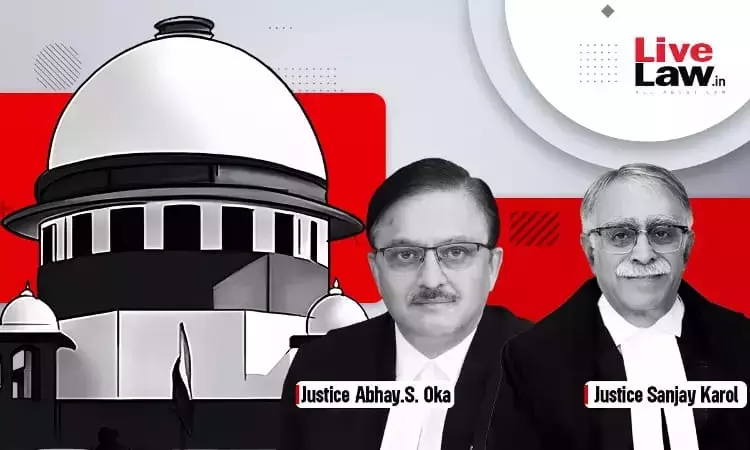Arbitral Awards Cannot Be Modified Under Sections 34 & 37 Of Arbitration & Conciliation Act : Supreme Court
Yash Mittal
5 Jan 2024 1:15 PM IST

Next Story
5 Jan 2024 1:15 PM IST
While deciding on a plea whether there is a scope of interference with arbitral awards under Section 34 and 37 of the Arbitration and Conciliation Act, 1996, the Supreme Court has reiterated the settled position of law that any attempt to “modify an award” while adjudicating Sections 34 and 37 petitions is not permissible under the Arbitration and Conciliation Act, 1996.The Division Bench...
